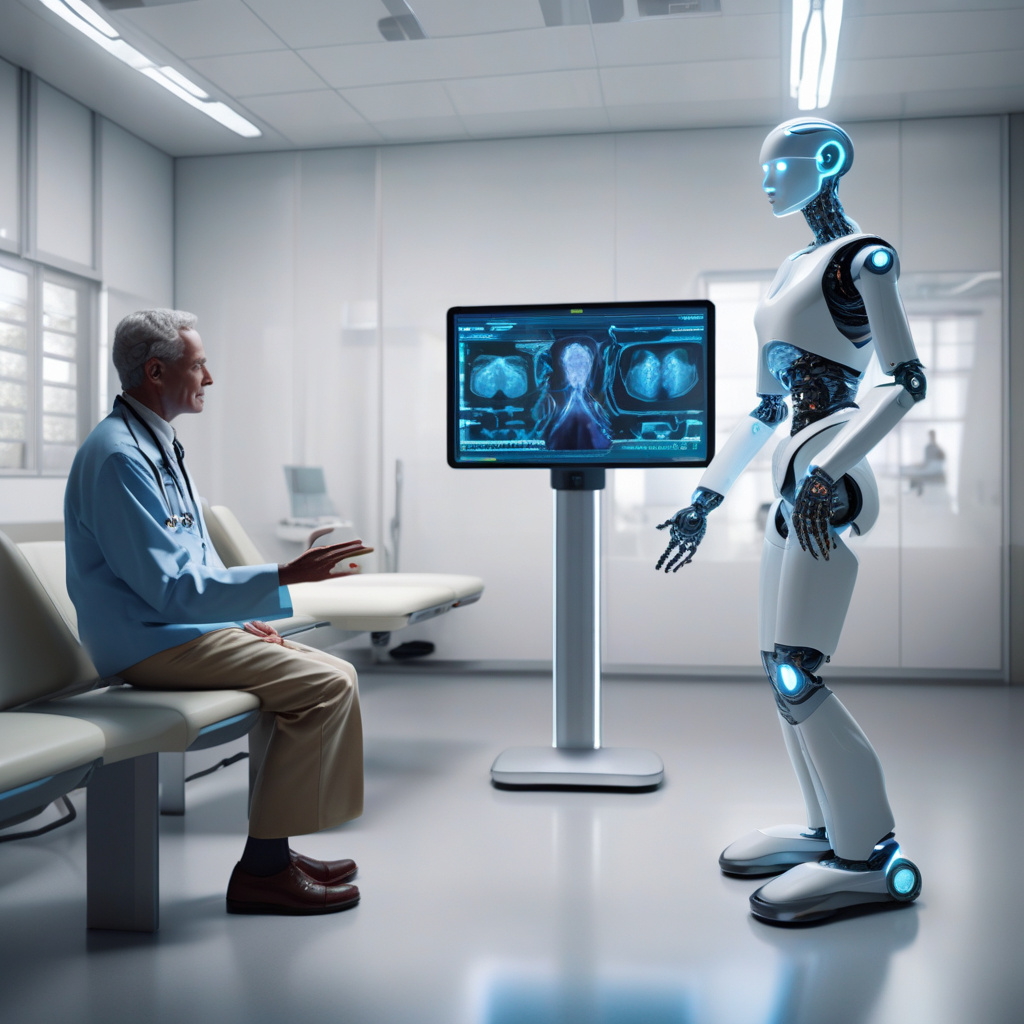Artificial intelligence (AI) has stealthily underpinned healthcare for years, often unseen but profoundly impactful. The recent discourse questioning whether we should seek AI doctors for initial opinions rather than second opinions is intriguing. This dilemma speaks volumes about the trust we place in AI systems and their potential to transform traditional healthcare dynamics.
In contemplating the notion of AI doctors as first responders in medical consultations, several key factors come into play. AI’s unparalleled ability to process vast amounts of data swiftly and accurately is a compelling argument in favor of leveraging this technology for initial diagnoses. For routine cases or common ailments, AI doctors could offer rapid assessments based on extensive data analysis, potentially streamlining the diagnostic process and reducing human error.
Moreover, AI doctors are not susceptible to biases or fatigue, ensuring consistent and objective evaluations across all cases. This consistency could lead to standardized treatment recommendations, enhancing overall healthcare quality and patient outcomes. Imagine a scenario where AI doctors serve as the frontline defense, swiftly identifying red flags and enabling healthcare professionals to intervene promptly and effectively.
However, despite these advantages, the prospect of relying solely on AI doctors for initial opinions raises valid concerns. Human touch, empathy, and intuition are irreplaceable components of the patient-doctor relationship. The comforting presence of a human healthcare provider, capable of understanding nuances beyond data points, is a cornerstone of compassionate care. In complex cases requiring holistic assessments or delicate communication, AI doctors may fall short in providing the personalized approach that patients value.
Furthermore, the ethical implications of delegating primary diagnostic responsibilities to AI doctors cannot be overlooked. Ensuring transparency, accountability, and the safeguarding of patient data are critical aspects that demand meticulous attention. Striking a balance between embracing AI advancements and upholding ethical standards is imperative in navigating the evolving landscape of healthcare technology.
In essence, the debate on whether to turn to AI doctors for first opinions instead of second encapsulates the intersection of technological innovation and human-centric care. While AI’s capabilities offer immense potential for revolutionizing healthcare delivery, the intrinsic value of human expertise and compassion remains irreplaceable. Perhaps the optimal approach lies in synergizing the strengths of AI with human intuition, creating a harmonious blend that optimizes patient care and outcomes.
As we traverse this uncharted terrain where AI doctors stand poised at the frontier of medical consultations, a thoughtful and balanced approach is paramount. Embracing innovation while preserving the essence of humanity in healthcare is the key to fostering a future where technology and compassion coexist harmoniously. The journey towards integrating AI into healthcare practices is a transformative one, demanding thoughtful considerations, ethical reflections, and a steadfast commitment to placing patient well-being at the forefront.

